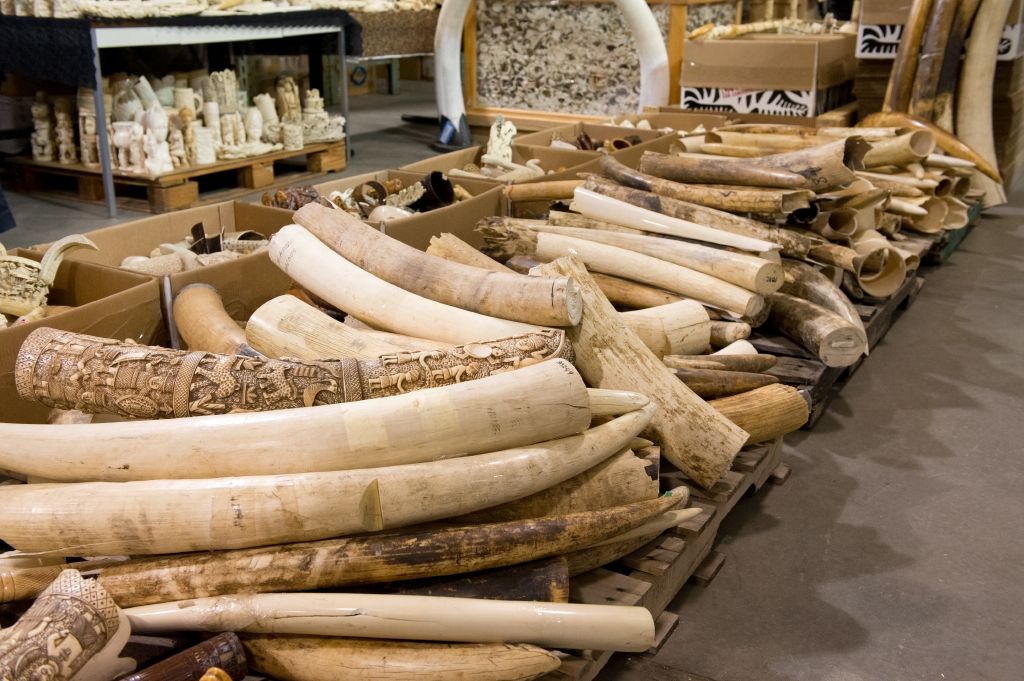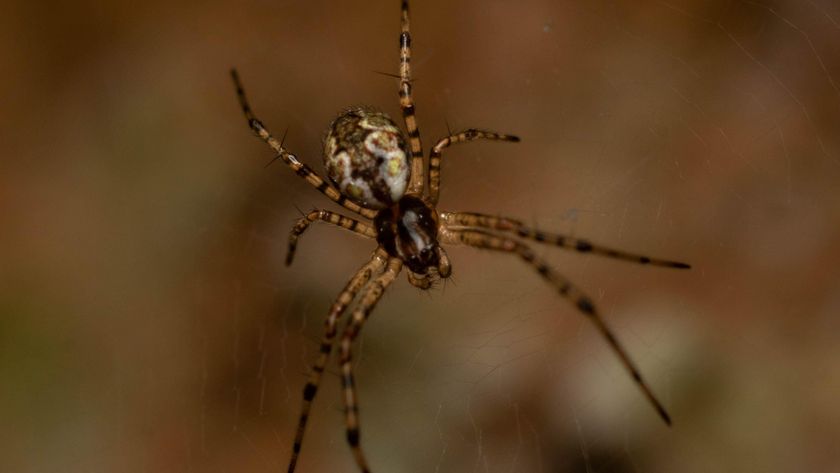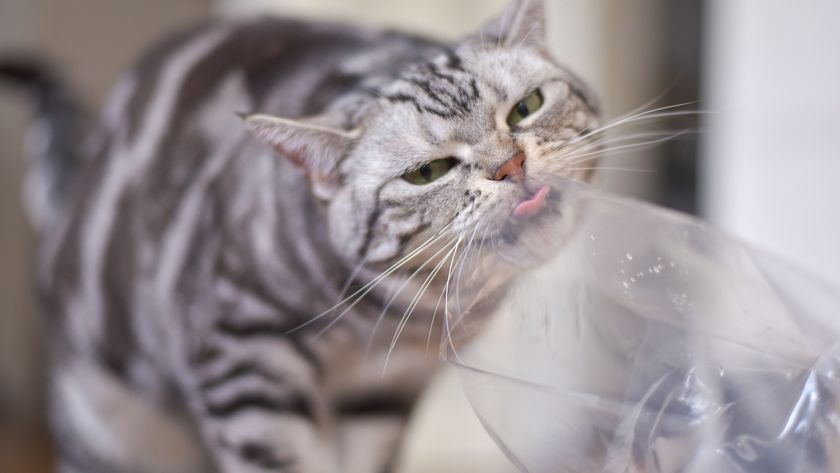
EU States Urged to Destroy Their Illegal Ivory

To help combat elephant poaching, the United States crushed its stockpile of illegal ivory for the first time last year. Now European Union member states could be poised to follow suit.
The European Parliament passed a non-binding resolution Wednesday (Jan. 15) — 647 to 14 votes — urging member states to destroy their illegal ivory stockpiles and establish bans on commercial imports, exports and domestic sales of ivory to help fight the killing of rhinos, elephants and other animals for profit.
The resolution was drafted by Dutch Member of the European Parliament Gerban-Jan Gerbrandy, who said: "I want poaching to be seen as organized crime. That involves higher penalties, higher priority and specialist investigators."
The agreement asks member states to adopt more uniform penalties for wildlife trafficking, including a sentence of up to four years in prison for organized wildlife crime. The European Commission will solicit the public's opinion on the issue and hold a conference on it April 10.
Environmental groups applauded the move, including the Wildlife Conservation Society (WCS), which estimates that 35,000 elephants were killed by poachers in Africa last year, a rate equivalent to 96 elephants killed each day.
"WCS hopes that the European Commission and E.U. member states will now take the appropriate action needed to make these moratoria in Europe a reality," said John Calvelli, WCS executive vice president of public affairs, adding that he hoped for similar action from the U.S. Congress.
"Without a moratorium on all ivory sales, there will always be a way for traffickers to continue this illicit trade," Calvelli said in a statement. "In order to protect elephants on the ground, we must take steps to cut off the market for these products. It is time to close domestic ivory markets."
Sign up for the Live Science daily newsletter now
Get the world’s most fascinating discoveries delivered straight to your inbox.
Follow Megan Gannon on Twitter and Google+. Follow us @livescience, Facebook & Google+.












